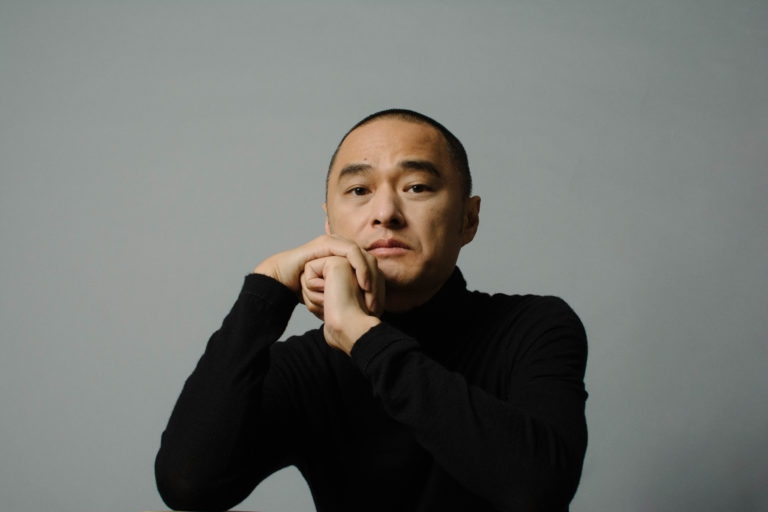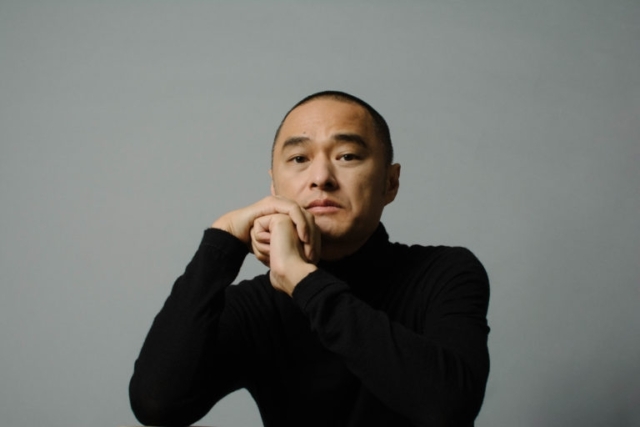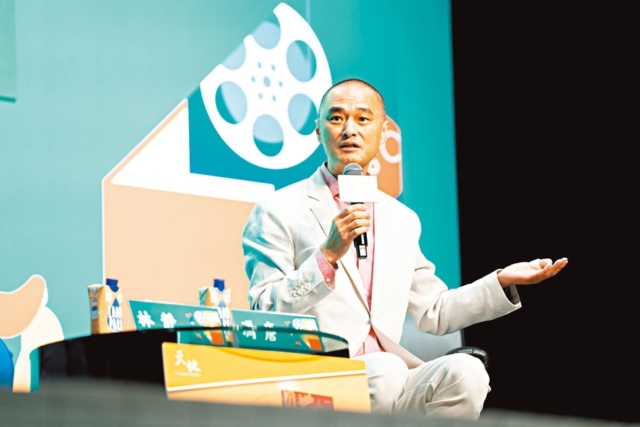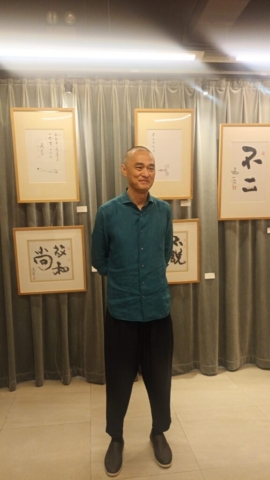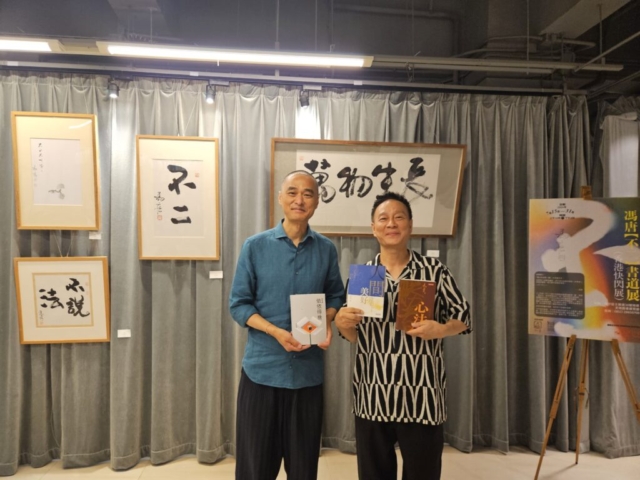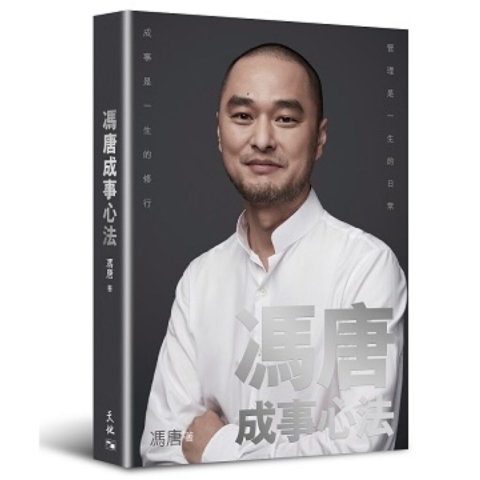When people leave their home city, they join a mass movement, namely, change and change for a new beginning. With the likely insolence that they may face in a foreign place, they will work harder, chase dreams and realize their work.
When I was young and visited the Chinatowns of different alien lands, people often said, “You must come from Hong Kong!” Now, they asked, “Which part of China do you come from?” Chinatowns are no longer about Hong Kong wonton noodles. A grieving Hongkie can see Beijing duck, Shanghai xiaolongbao, Hangzhou beggar’s chicken and Sichuan hot pot, all standing popular there on their own feet.
According to statistics, there are about 60 million (descendants included) Chinese all over the world today. In Hong Kong, the figure of Mainland immigrants after 1997 Handover is over 1.5 million in a population of 7.5 million. Overseas Chinese are no longer village men.
The famous and popular writer FENG Tang (馮唐) is a good example of the international Chinese. He was born in Beijing in the 1970s. He studied medicine but gave up being a doctor. He went to the USA to pursue his management studies. After that, he worked in Hong Kong as a successful business consultant and manager in giant corporations. Now, he is a famous and influential full-time essayist, novelist, poet and critic (what a slashie!) after accumulating many years of writing achievements when these works got him awards that are the envy of all writers. He has a home in the United Kingdom but his base is often Hong Kong. He writes and speaks fluent English and Chinese. Feng is an entity that has the ability, knowledge and power on the international level; and he represents the best-educated of the modern Chinese men with exceptional wisdom. He loves Hong Kong. Brevity is a great charm of his eloquence.
I asked Feng, “Why do you enjoy writing?” He, politely as usual, said, “I am curious. When I was a boy, flowers, grasses, neighbours, and even a stranger in the street all can be the reasons why I want to be curious. My answers, after being found out, have to be expressed. So, I talk and write, and want more people to know the results of my curiosity.”
I said, “You are often regarded as a ‘rebellious’ writer causing controversies. What do you think?” He softheartedly smiled, “I was born a restless rebel. Rebellion is inside my heart. But, I played the game in the past. I studied, worked and achieved hard. The look of wearing a suit and tie was previously a tool for me to make a good living in the city of Hong Kong. Wildlife and wilderness actually made more sense to me. Looking deep into myself, I will enjoy more getting out in nature and being an untamed animal. The present surroundings of a modern world are about order and peaceful societies. So, I can only be wild internally. The cool existence is to make use of the personal space of expression that a writer can put into his words.”
I am a curious man too and asked, “How do you see your life?” Feng seriously replied, “Buddhism believes that your present role as a human being is the consequence of your kindness in the past life. I think so. Imagine you were just a flower, a tree, a bird or a fish, you would be contaminated by waste, dirt, chemicals or radiation and then vanish! We will die naturally one day but during our survival time, we must operate our human flesh and body to lead a meaningful, desirable and moral life. All humans are imperfect but we are morally duty-bound. As soon as a man discharges those moral duties, he will carry nothing on his shoulders and can be a free person doing what he may wish. For me, the freedom is to write and create. There is no restricted area in my inner domain.”
I wanted to know the answer and so said, “It seems money sometimes matters and sometimes does not matter to you.” Feng responded, “Being natural is the ultimate secret. Money is important but it should not be the goal of what I want to do. I am writing on a piece of paper, not a bank note.”
My final question to Feng is, “Your feelings about Hong Kong?” He warmly said, “I have lived here for a long time and still regard her as my home. Hong Kong changes faster than me! I often feel that I am still the same old Feng Tang but many things are Hong Kong take on a new look that I am no longer familiar with. There is one thing that never changes in Hong Kong: people here work hard for a living for whatever reason! I learnt being hardworking in Hong Kong and am, in this way, still very Hong Kong!”
Hong Kong is a small city. A great city, regardless of its size, is identified by 3 main parts: vibrant business, talented population and a unique cultural landscape. Towards these, Feng Tang, because of his background, always thinks differently but is contributing to all 3 areas! I hope Feng will spend more time in Hong Kong because the best way to attract more talents to our city is to show that the existing talents are willing to stay in Hong Kong!
This article can also be found at the following sites:






